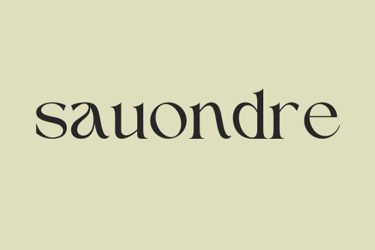Denial of a Kurdish culture for the provision of a Turkish education
Should the cost of an education be the sacrifice of a culture and identity?
1/13/20252 min read


Kurdish history traces back to the Marwanid dynasty, of Kurdish origin, that ruled from 984 to 1083 in a region covering present-day Iraq and Turkey. Centuries later, the Kurds had to join the Turkish state due to the Treaty of Lausanne that was signed on 24 July 1923, and ratified by Turkey on 23 August 1923. Not long after the ratification, however, Turkey forbade the Kurdish language to be used in public spaces in their 1924 constitution. In addition to that, a mandate forbade Kurdish schools, publications and organizations from serving their people, and a law allowed the expropriation of Kurdish landowners. These discriminatory ‘Turkification’ laws coupled with massacres of the Kurdish people.
This discrimination persists today, with the Kurds accounting for 19% of their total population of more than 83 million. When looking specifically at education as an example, it is illegal to use Kurdish as a language of instruction in Turkish public schools, according to Article 42 of the Turkish constitution that outlaws the “teaching of any language other than Turkish as a mother tongue to Turkish citizens at any institution of education.”
For a brief time, improvements were being made to address this: the AKP government passed the Teaching in Different Languages and Dialects Traditionally Used by Turkish Citizens in their Daily Lives, enabling private education in the Kurdish language. This government also added a course titled “Living Languages and Dialects” to the curriculum for two hours per week, resulting in the introduction of Kurdish as an elective class in the curriculum. In 2013, schools offered Kurdish as an elective starting from the fourth grade countrywide, and private schools were allowed to teach Kurdish the following year.
This democratization failed, however, during the 2016 military coup; President Recep Tayyip Erdoğan launched a widespread rollback of academic and other freedoms. Following this failed coup attempt, a state of emergency was declared, shutting down Kurdish language instruction in universities, NGOs working on the language, several Kurdish teaching institutions, private schools where Kurdish was the language of instruction, and Kurdish TV and radio channels.
Additionally, “values education” is a concept newly incorporated into the frequently modified educational curriculum to strengthen national values and Islamic morality. Religious education classes significantly include Sunni Islam teachings with little references to other religions. Other changes brought by the new curriculum include: replacing important historical figures with Islamized ones, promoting Muslim scientists, science hours reduced for an increase of religious hours, and removing the evolutionary theory from the biology content. These measures lead to an eradication of Kurdish culture, which is enriched by the language and blend of many religions including Alevi Shi’a Islam, Christianity, Judaism and Yazidism: a violation of human cultural rights.
The Turkish government should consider the diverse backgrounds of their population and create equitable educational reforms that accommodate that. Children should be able to go to school without sacrificing the preservation of their culture. In addition to that, individuals should be tolerant of other people’s cultures, preventing the discrimination and marginalization of people like the Kurds who struggle to practice their culture in areas outside their homes. This may also help with dealing with the decades-long Turkish-Kurdish conflict that has been clashing on various issues alongside differing cultures.
Insights
Youth-led solutions for global challenges and issues.
Connect
sauondre@gmail.com
© 2025. All rights reserved.


